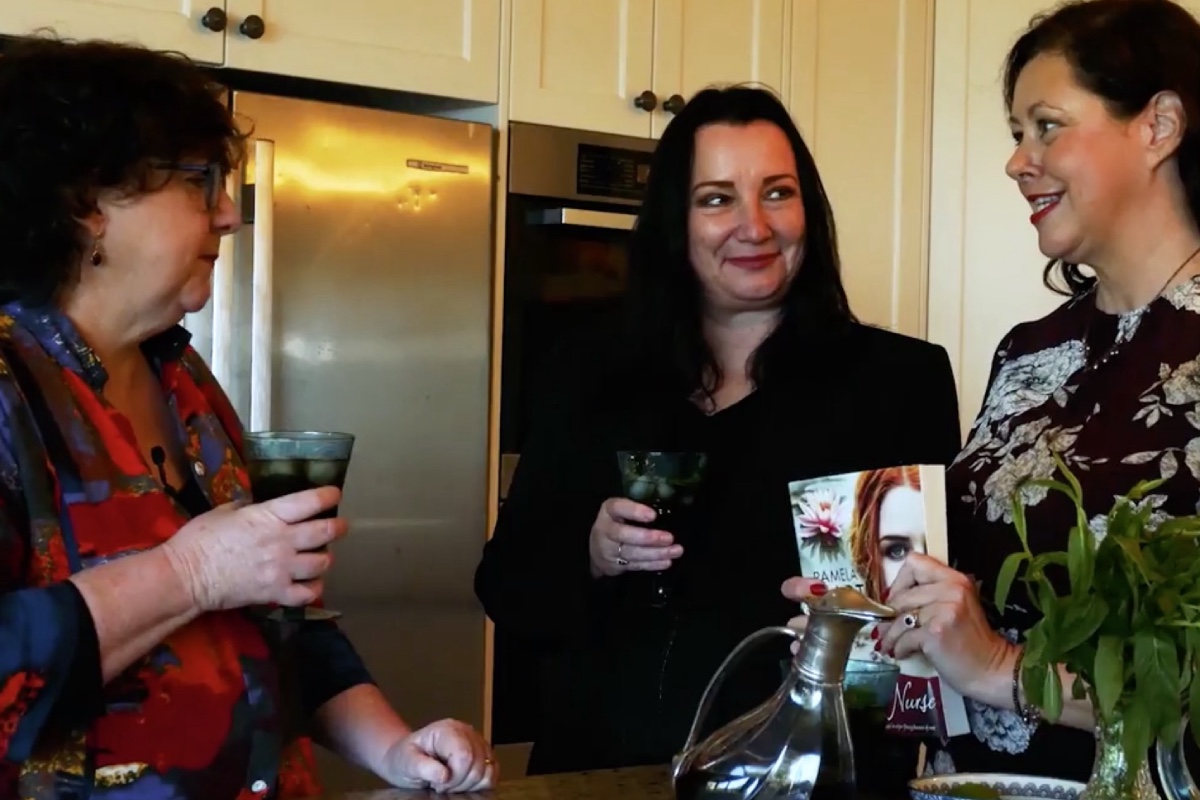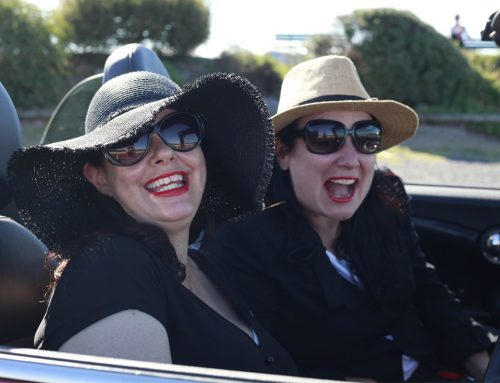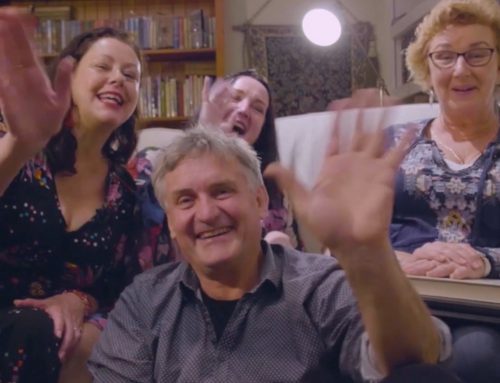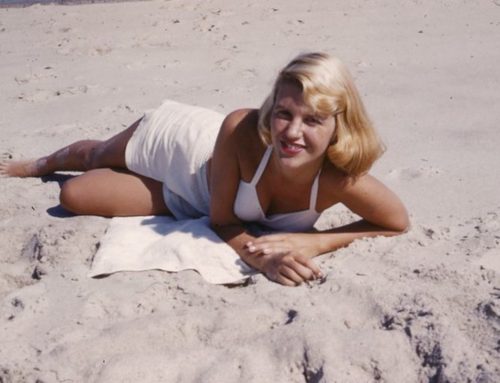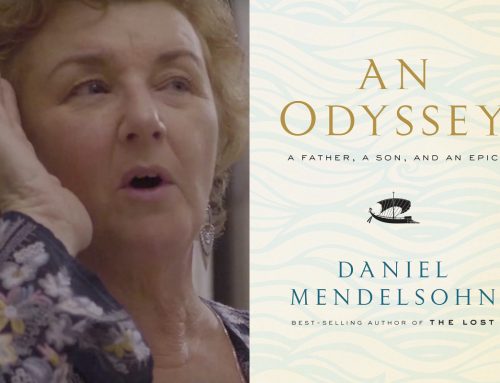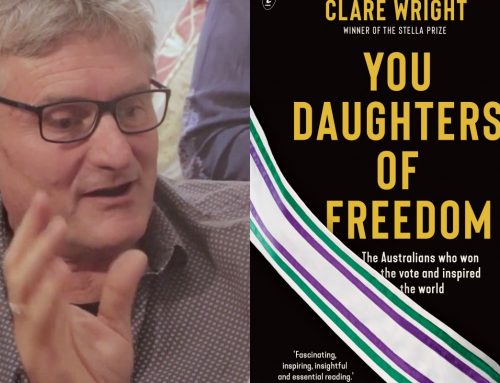Author Q&A
Pamela Hart is an award-winning author of historical novels. Her most recent novel is The Desert Nurse, set in WWI, which tells the story of a nurse working with the ANZAC wounded in Egypt and the Sinai.
Pamela Hart’s first novel, The Soldier’s Wife, was based on her grandfather’s experience of being wounded at Gallipoli and his life after he returned to Australia.
Writing as Pamela Freeman, she is well-known as a children’s writer; and won the NSW Premier’s History Prize for The Black Dress: Mary MacKillop’s Early Years. Pamela also writes epic fantasy for adults, and her fantasy series, The Castings Trilogy, is published worldwide by Hachette.
Pamela’s awards include two Aurealis Awards, and the ASO Librarian’s Choice award for her most recent children’s book, Desert Lake. She has been shortlisted multiple times for CBCA Book of the Year, the NSW Premier’s Literary Awards, the Romantic Novelists Award (UK), the Ruby Award (RWA), the Speech Pathology Awards and the Koala Awards. Pamela has a Doctor of Creative Arts degree from UTS, and is the director of creative writing at the Australian Writers’ Centre.
The Desert Nurse is about two people who go to Egypt in WWI to help with the wounded. Evelyn Northey is a nurse who wants to be a doctor, but who is waiting for an inheritance which will come through when she is 30 – her father has been opposed to her studying and has prevented her from matriculating. She is determined no one will have that kind of power over her again – and this is a world where husbands own their wives, including their finances. William Brent is a doctor who is not ‘fit’ for Army duty due to injuries from a past polio infection. He doesn’t believe he is fit for marriage, either.
The two of them are pushed by their difficult and challenging experiences to rethink their beliefs about life and love.
In my novel The Soldier’s Wife, Jimmy Hawkins, the “soldier” of the title, is wounded and develops a fever subsequently, and almost dies. That part of the story was based on my own grandfather’s experience. I knew that he had been saved by good nursing, and I always wanted to tell the story of the nurse who saved Jimmy.
William was inspired by my own family doctor, who also had polio as a boy. I’m very interested in how the men who couldn’t get into the Army lived during WWI – it was a time when the myth of the bronzed Aussie was very strong, and anyone who didn’t live up to that was looked down upon. That caused a lot of heartache.
The most difficult challenge was showing the relentless, overwhelming stream of casualties from Gallipoli and later, which my characters had to deal with, without it being boring or overwhelming for the reader.
My most joyous moment … when I was doing the research and found that Sister Lil Mackenzie had taken a camera with her to Egypt and had taken photos of all her friends, and the palatial hotel in which the hospital was set up. It gave me such a close and intimate glimpse into my characters’ world, and made me like them even more.
I’m working on Dancing with the Prince of Wales, which is set in the 1920s in the London theatre scene. It’s quite a challenge because it features Fred and Adele Astaire, Noel Coward, Ivor Novello and the younger members of the Royal Family! I’ve often written about actual historical characters, but they’ve been quite obscure ones, so writing about people who are so well known is a bit daunting.
The main characters are Jane and Jonesy, whom we met in The War Bride, where they were secondary characters who went on the stage in the music halls. They’re based on two Australian musical comedy stars who went to London in the 20s and became stars – Madge Eliot and Cyril Ritchards. It’s such a shame we’ve forgotten about them.
It features a lot of ‘going to the mess for dinner’, snatching a cup of soup which is warmed up by the nurses on the wards, and various quick meals. The work was so constant that food was often just a sandwich. But there is a Ramadan feast in Cairo in 1916!
Originally, the working title of the book was Lanterns on the Nile which is a reference to that scene, where the main characters and their friends go to a Cairo restaurant for the feast and then walk down and look at the Ramadan lanterns reflected in the Nile.
I do love cooking, and I make a lot of food I can’t eat. Cakes, cheesecakes, pavlovas (I can eat the meringue but not the cream), puddings, biscuits, gingerbread, brandy butter.
We eat a lot of casseroles. It’s unusual for us to have a meal I haven’t cooked from scratch – except for the odd Chinese food home delivery!
We don’t buy presents at Christmas – I bake a LOT of gingerbread and other treats, and we make up a basket for each household. People prefer it to getting things, I’ve found. We all have so much, but fresh-baked home-made treats are always welcome, especially in the holidays. We often make some other foodie thing as well – tomato relish, garlic and rosemary infused olive oil, and the like.
As for favourite recipe – I make a tomato relish with very slow baked roma tomatoes, onion, balsamic vinegar, olive oil and salt. It takes a couple of days, because each lot is baked for six to eight hours, and I’m usually using a box of 15 or 20 kilos of tomatoes, but it’s worth it!
My mother taught me to cook, and my father too, as he did a lot of the food preparation as well as some fancy cooking. My aunty Pat taught me about cake decorating.
My favourite food as a child was Granny Smith apples – I’m still pretty fond of them!
So many of my stories about food revolve around allergies, I’m afraid.
Biggest disaster would have been the Christmas pudding I made just after Stephen and I got married, and we weren’t quite sure on the tying up of the pudding bag. The water got in and when we took it out of the bag, it just collapsed into wet mush. That was rather upsetting. Fortunately, we’d made two, and the other one was okay. So the family got their pudding that year, but we didn’t!
My mind went immediately to ‘Food, Glorious Food’ from Oliver.
But I also think of Rupert Brooke’s poem The Great Lover, where he lists all the things he loves:
These I have loved:
White plates and cups, clean-gleaming,
Ringed with blue lines; and feathery, faery dust;
Wet roofs, beneath the lamp-light; the strong crust
Of friendly bread; and many-tasting food;
Rainbows; and the blue bitter smoke of wood;
I love that phrase, ‘friendly bread’. We know just what he means
Margaret Fulton’s. Fulton’s recipes ALWAYS WORK. It has great nostalgia for me because it was the one my mother used – but unfortunately my books are in storage while we renovate, so I can’t bring it in.
I also love the CWA cookbook. Fantastic for cakes and jams and all sorts of things.
Another favourite is Stephanie Alexander’s Cook’s Companion.
Decrepit
Summer pudding
Hmmm … wonton soup with bbq pork.
Or a chip butty!

